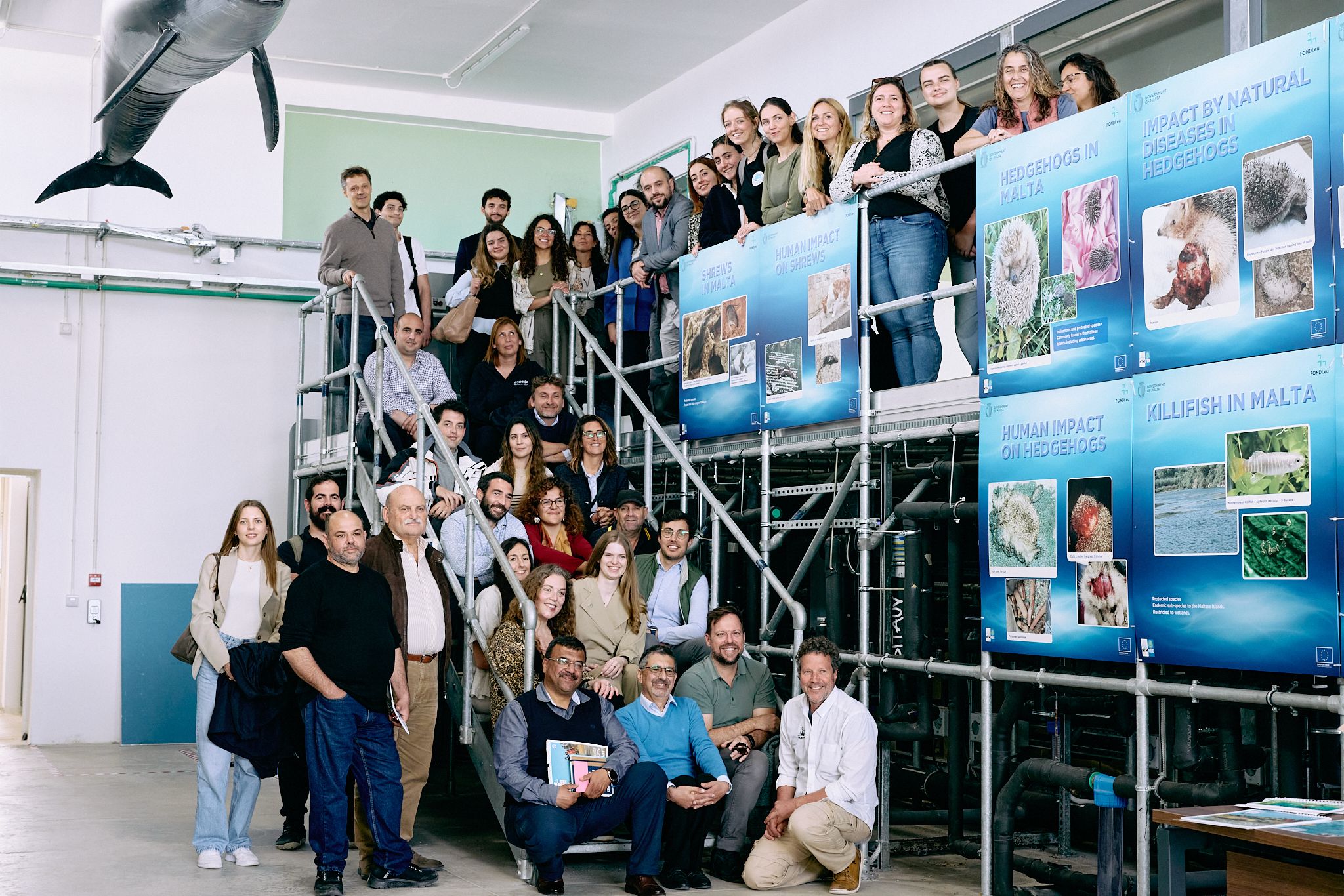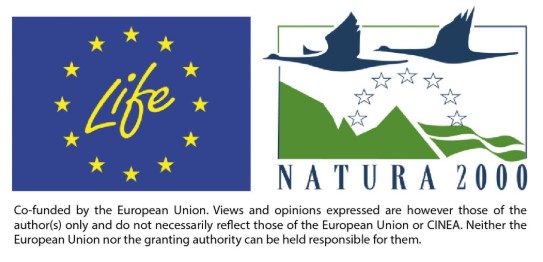LIFE-OASIS
The LIFE OASIS project aims to reduce the mortality of loggerhead turtles, particularly sub-adults, by addressing the risks posed by ALDFG (Abandoned, Lost, or Discarded Fishing Gear). The project focuses on engaging a large group of "citizen scientists" such as yacht and fishing vessel crews who frequently encounter entangled turtles and ALDFG. The project’s main approach is to build scientific evidence on the risks of ALDFG and develop effective risk mitigation strategies.

Key objectives include:
- Engaging relevant stakeholders (e.g., port authorities, rescue centers, fishing and yachting associations) in reporting and retrieving ALDFG.
- Designing and testing sustainable, anchored FADs (Fish Aggregating Devices) that minimize the risk of turtle entanglement.
- Developing "smart" FADs with tracking systems to monitor oceanographic variables and improve fishing practices.
- Creating a business plan for aFAD deployment and management, and piloting this plan at four sites.
- Promoting innovation and increasing fisher involvement in marine conservation.
- Mapping ALDFG trends and enhancing sea turtle rescue efforts.
- Standardizing data collection and sharing best practices through manuals and tutorials.
The project also seeks to expand these initiatives beyond the Mediterranean to other regions, fostering collaboration and scaling up conservation efforts.
In addition to the University of Valencia, the project consortium is composed by the leader partner ALNITAK and CSIC ICM, CSIC IMEDEA, University of Valencia, SATLINK, CEPESCA, University of Pisa, Stazione Zoologica Anton Dohrn, Filicudi Wildlife Conservation, Nature Trust Malta.
More information in this link:
marine debris, Caretta caretta, FAD, ghost fishing, conservation
- March Morla, David
- PI-Invest Disting d'Excel.lencia Cv
- Tomas Aguirre, Jesus
- PDI-Prof. Permanent Laboral Ppl
- Izquierdo Serrano, Mar
- PIT-Tecnic/a Sup Uv
- Menendez Blazquez, Javier
- Doctorand.
Unitat de Zoologia Marina
Institut Cavanilles Biodiversitat i Biol. Evolutiva (ICBBE)
c/ Catedrático José Beltrán, 2 46980 Paterna. València

Leader of the Project
ALNITAK
Partners
CSIC ICM
CSIC IMEDEA
University of Valencia
SATLINK
CEPESCA
University of Pisa
Stazione Zoologica Anton Dohrn
Filicudi Wildlife Conservation, Nature Trust Malta.
- EU - LIFE










